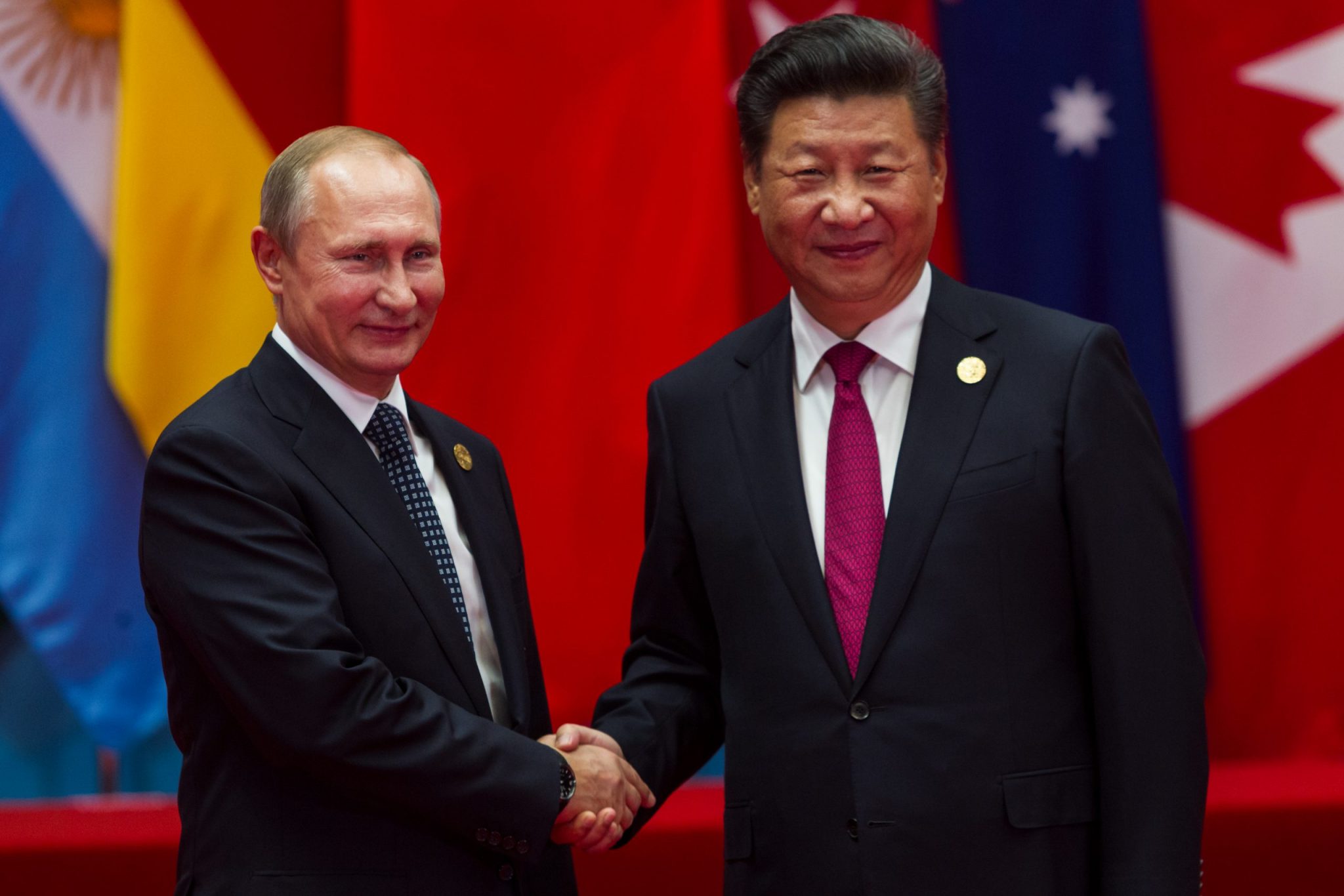Head of Policy and Research Jessica Brandt details the threats these authoritarian states pose and how the Biden administration should respond.
The United States and other liberal democracies are engaged in a persistent, asymmetric competition with autocracies—one that is playing out far from traditional military battlefields, in interlocking domains of politics, economics, technology and information. Authoritarian challengers seeking to preserve their grip on power at home have pursued deliberate, though at times subtle, strategies designed to exploit the vulnerabilities of liberal democracies while compensating for vulnerabilities of their own, as they endeavor to fashion a world safe for, if not converted to, their worldview.
By engaging in economic coercion and cyberattacks, funneling donations to favored political entities, and carrying out assertive information operations online, Moscow and its proxies advance Russia’s interests abroad in a manner inconsistent with liberal values. Ahead of the 2020 U.S. presidential election, Russian operatives recruited real American journalists to write for an online news journal that they created as part of a bid to target left-wing voters in the United States and Europe with content about the campaign and the coronavirus pandemic. They set up a troll farm in Ghana that aimed to influence African-American voters with divisive messages about race and policing. And multiple Russian agents were sanctioned by the U.S. treasury for efforts to influence the election, including laundering information through intermediaries and working to spur politically motivated investigations into one of the candidates. Meanwhile, Russian hackers tried to infiltrate the Biden campaign, and succeeded in penetrating some state and local government networks.


